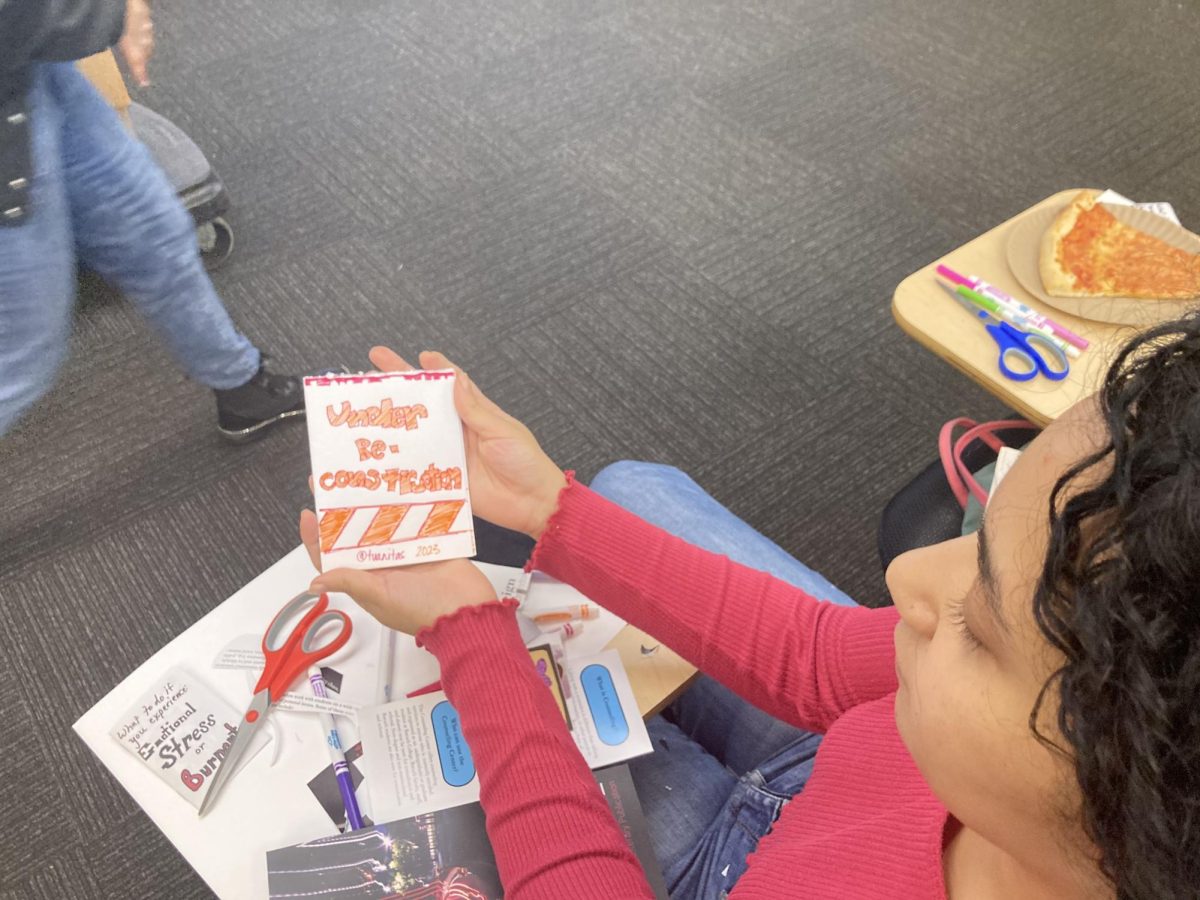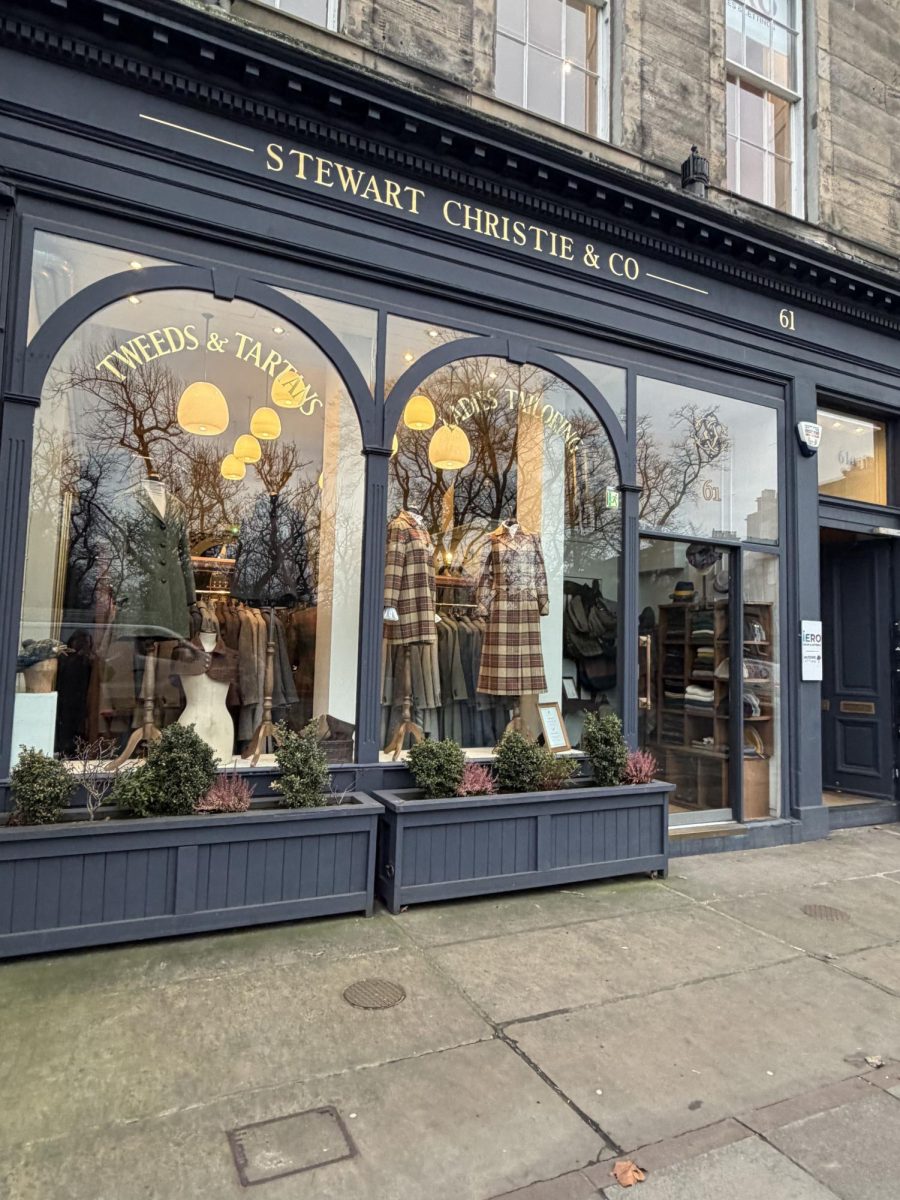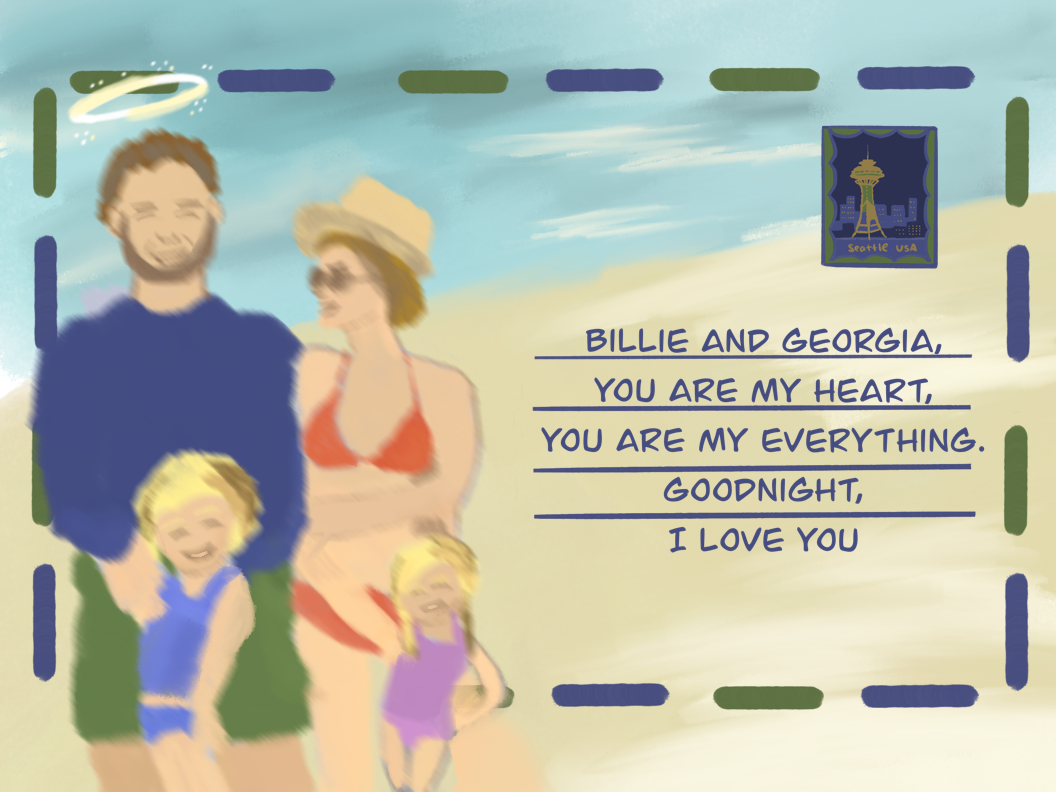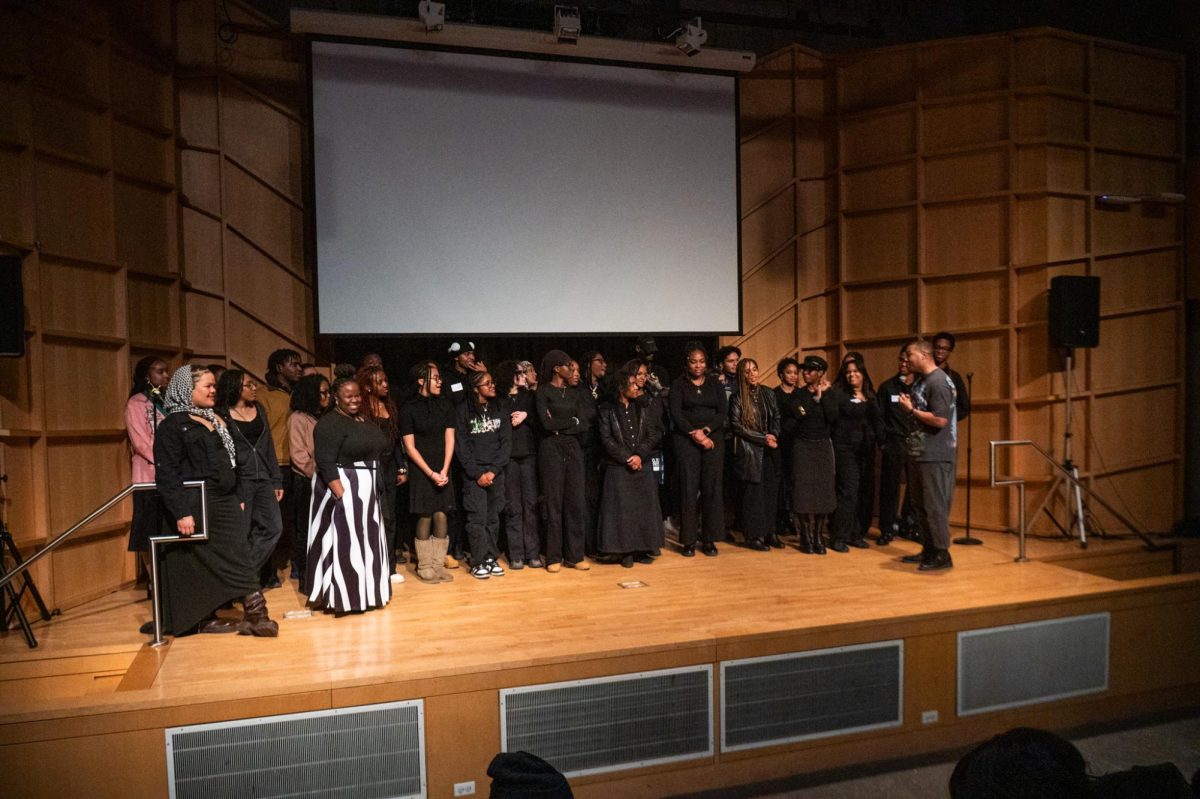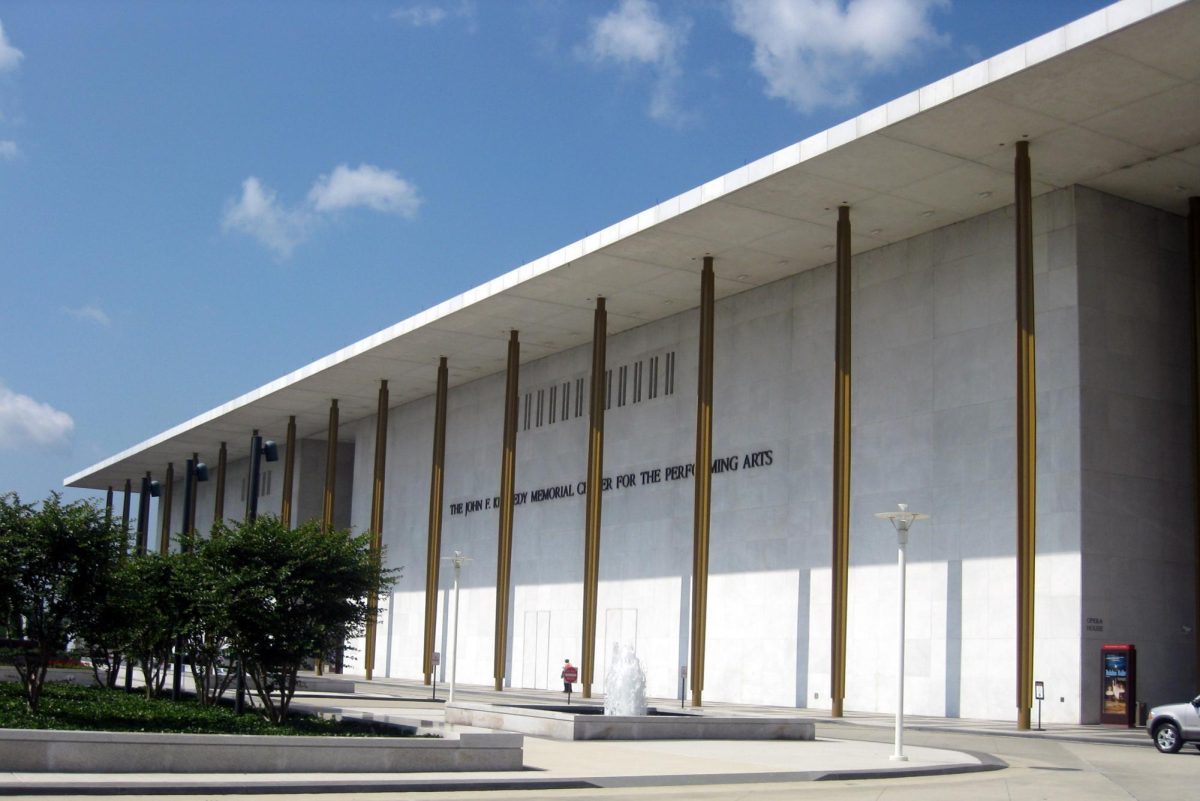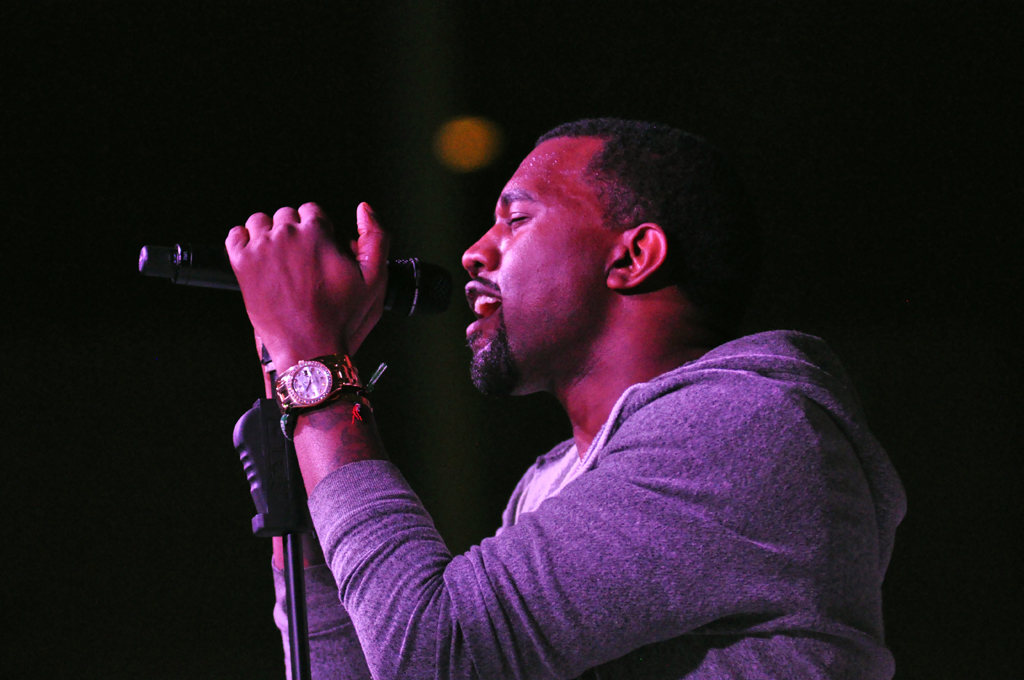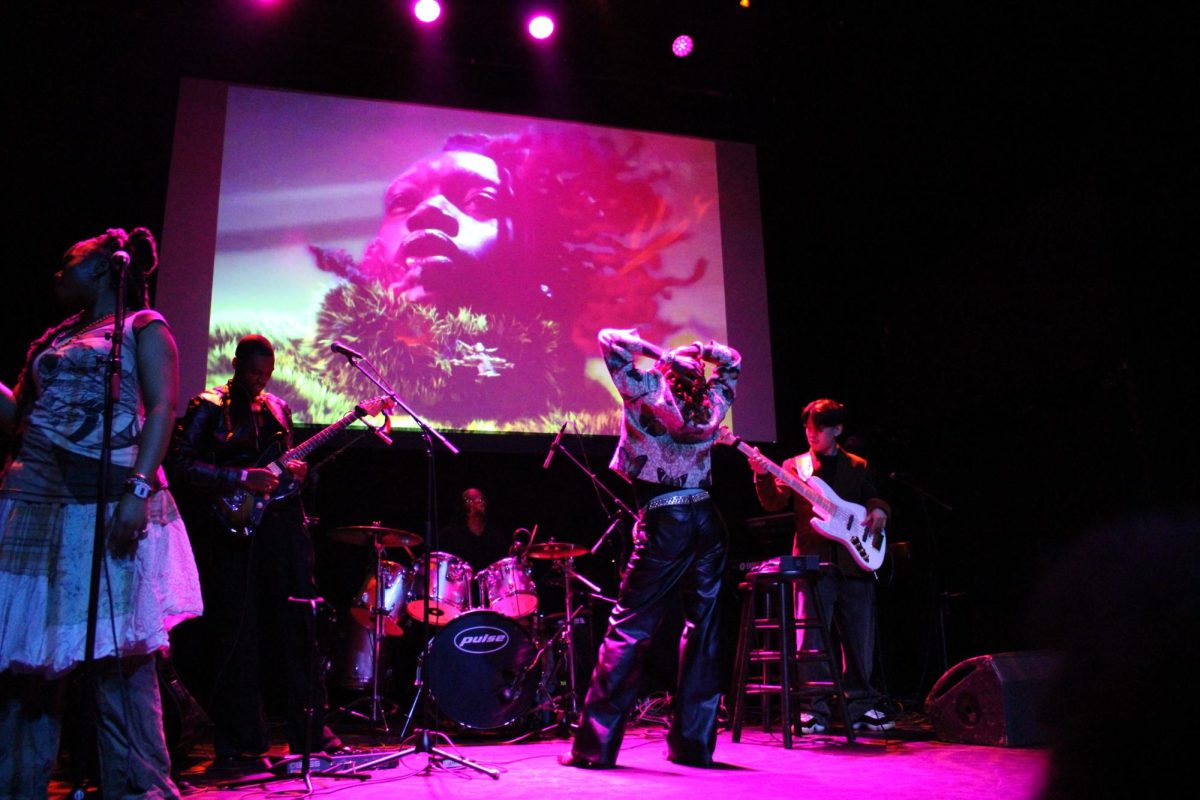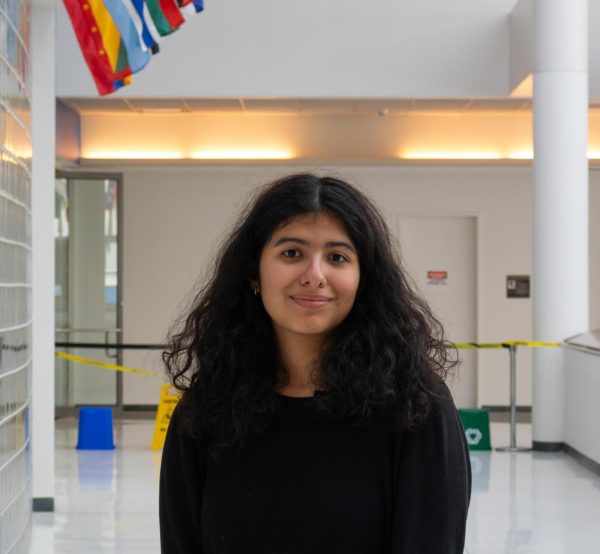The Black and Latino Studies department and Encounters Magazine held a zine workshop at Baruch College on Oct. 19. Professor Chinoye Outonye and comic artist Sharon Lee De La Cruz shared the history of zines and guided students on how to make them.
Otuonye quoted Wred Fright’s dissertation on zine history to explain what they are.“Zine is not short for magazine,” she said. “A magazine is a product, a commercial commodity. A zine is a labor of love, producing no profit.”
In contemporary subcultures, zines are created to share resources, stories, and art and build community.
Otuonye showed numerous examples of zines and demonstrated how they can illustrate and express the experiences of marginalized people. She displayed digital zines such as “Anti-Narrative Comfort Food,” “Zinedabad Zine,” and “Black Women Matter.” Students browsed and swapped physical sample zines of varying themes and mediums to gain inspiration.
Students used previous issues of Encounters and The Ticker, as well as markers, glue and scissors to make their own zines. De La Cruz showed students how to fold a sheet of paper to create a multi-page booklet. She encouraged students to follow the “one-page zine rule” and try to make a poster with the back pages.
Tiana Burgos, a journalism major, said making zines was “a way to take control of my own voice.”
Otuonye also said zines provide marginalized communities an outlet to “think about their lived experiences on an individual and communal basis.”
De La Cruz emphasized that anyone can create a zine, regardless of artistic skills or cost. Otuonye mentioned online resources like Issu that allow users to publish their work without worrying about printing costs.
De La Cruz is an NYC-based educator, activist, and artist. She spoke at a comic discussion and presented her 2021 debut graphic memoir, “I’m a Wild Seed,” last semester at Baruch.
The workshop served as a reminder that zines are an inherently intersectional and accessible way for communities to express themselves and share resources.
The event was part of BLS’ cultural event programming that aims to promote “community-engaged” and experiential learning.


